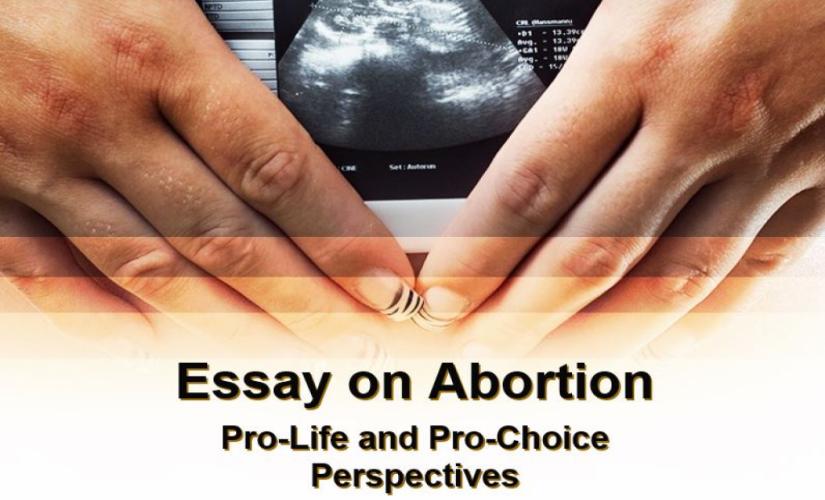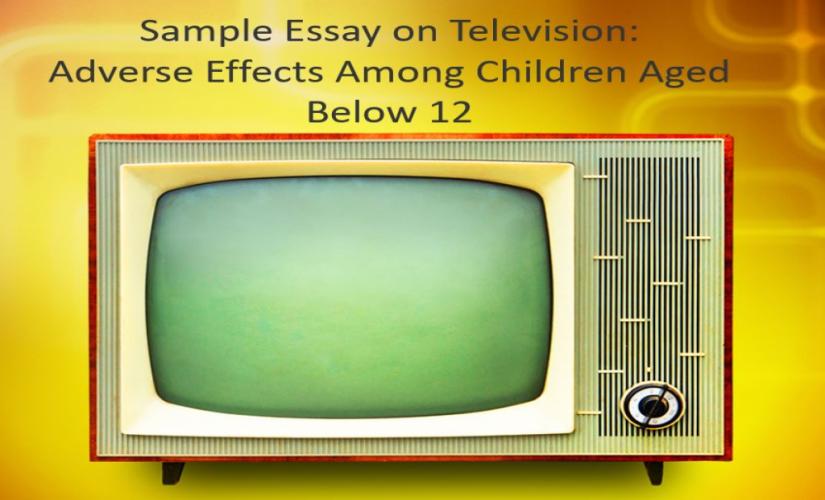Many students get prompts where they need to define the difficult themes, learn about their aspects, and share their thoughts on the issue. Basically, human society faces different issues that must be solved. In this case, students begin to discuss important topics in their academic papers. As a result, they help others to consider different perspectives and find the best solution to the issue. In turn, this essay on abortion covers a persuasive theme, proving that killing a fetus is an inhumane action.
Introduction of a Sample Essay on Abortion
The essay on abortion covers the relevant topic in contemporary society because of the moral side and the right of choice. The women more and more frequently began to stop the lives of their babies. It is because of many reasons, such as they do not want the child, do not have the money, or do not have a husband. Unfortunately, these causes led to the creation of two sides that support and deny abortion. For example, one side is sure that abortion is an immoral action in the case of the baby’s killing. On the other hand, the opponents state that contemporary women have the advantage of choosing how to live because the child is the responsibility. Despite this, abortion is still the killing of human beings. In this case, abortion is an inhumane action in contemporary society where people speak about human rights.

Pro-Life Perspective: Why Abortion Is Immoral?
First, the essay on abortion represents the argument on the topic. It is the action of the conscious killing of a human being that will not know what life is. Basically, the philosopher Don Marquis writes in his article “Why Abortion Is Immoral” that women should not kill their babies. He tries to generalize the argument in the case of abortion, considering the ethical perspective. For instance, abortion is immoral because contemporary people do not respect their own lives (Marquis 191). If the person kills another individual, then it means the crime, covering the law. Also, the pro-choicers state that abortion can be implemented only for fetuses that are not human beings. In turn, this action is legal. Despite this, abortion is the killing of a living being, even if it is the fetus.
Respecting Life in Essay on Abortion
Then, the essay on abortion states that it is a horrible and immoral action. For example, the dying people are sure the women are the killers if they are depriving the lives of their babies. In fact, dying persons do not have a future, and they will not fully know life. For instance, dying people do not have any chance to change their lives to the best conditions, and they just burn from the inside in the spiritual and physical senses (Marquis 190). Moreover, the dying people do not understand the choice of the women who want to kill their unborn children. It can be explained by the situation when anyone has positive moments in their own life, and the killed fetus will not have it because of the choice of the young woman.
Risks of Abortion
The opponents in the essay on abortion state that the killing of the fetus and dying humans are different situations. Also, it cannot be compared. Basically, they do not consider the one main point, which is the respect of life. In simple words, any dying person wants to have their own future, as a alive human, and family that means the presence of the baby. Unfortunately, they cannot get it because of the incurable diseases. In turn, psychologist Philippa Taylor provides evidence in her article “The Long-Term Psycho-Social Effects of Abortion on Women” that abortion implies a high risk for women to lose the ability to give birth (91). If the young woman kills the baby, she may not have the children even if the person wants it. Thus, abortion implies the broken lives of young women in the future, and they must not do it.
Pro-Choice Perspective: Getting a Family and Essay on Abortion
Further on, the essay on abortion represents the choice that deprives the chance to get a family and share their own values with the children because of the risks of being infertile. In other words, even if contemporary medicine offers a safe abortion, the risks of becoming infertile still exist. Also, both sides of the issue argue that contemporary life is complicated because of the responsibility in society as the parent. In particular, it is only the acquittal for the abortion, and the logic is different in this case. Basically, the opponents of abortion are sure that young women must not kill human beings because it is immoral, even if life is difficult. In this case, it means that the women will see in the elderly life that they are not alone.
The Choice of a Woman
On the other hand, the pro-choicers argue with this point in the essay on abortion and restate that the country can care about any person in contemporary society. However, the main problem in these claims is the choice of women. If the person decides to abort the life of the child, then there are two consequences, such as the risk of being infertile or avoiding the responsibility that leads to a possible lonely life (Taylor 92). It is the truth for the contemporary world because almost all young women want to focus on their own careers. However, life is limited, and young women should think about whether to have an abortion or not. Overall, abortion is the choice that deprives a chance to be not alone in elderly life. Hence, young women should think about it.
Rethinking
Furthermore, when the young woman faces the situation of choosing to have an abortion or not, she must stop for a moment and rethink everything in her life. For example, a young woman should start with their feelings. Basically, it is necessary to make the decision by considering the essay on abortion. In fact, the fetus is the future human that will grow and take a position in society. For instance, the child may become an artist, scientist, engineer, poet, philosopher, or president of the country. However, it is just a career, and humans can also see, smell, think, taste, hear, feel, and learn about the world. It means if the young woman decides to kill the baby, then the fetus will lose all of it.
The Future of Humanity
Also, there are more possibilities that the aborted fetuses may be the future persons that could change the world for the better. Basically, this essay on abortion does not state that life will be easy, and, in turn, the path is lonely. For instance, the social psychologists James M. Robbins and John D. Delamater provide in their article “Support From Significant Others and Loneliness Following Induced Abortion” that, if the young woman decides to give life for the baby, then the life will also not be easy but not lonely (94). In this case, it is important to young women that they should not have an abortion because of the immoral side and their own life.
Sample Essay Conclusion on Abortion
In conclusion, the essay on abortion wants to prove that it is a crucial mistake in the life of a woman. Basically, any actions have negative or positive consequences, considering the arguments of the two parties of the abortion. One side is sure that abortion is human killing, an immoral action, and a risk of getting infertile. On the other hand, the pro-choicers state that young women have the choice to live in the way that they want, considering the legality, killing non-humans or fetuses, and caring for the elderly in the country. Hence, people must consider different perspectives when they write an essay on the topic.
Decision
However, the claims of the opposite side lead to the conclusion that, if young women choose to abort the life of the baby, then they will be lonely. In this case, abortion is an important issue because many young women have the risk of becoming lonely in their elderly lives because of the false right to choose. Thus, if young women face the problem of abortion, then they should think about what they lose and gain. In this case, the birth of the baby has not only cons in the responsibility but also the pros, such as the protection of the own family by considering the essay on abortion.
Works Cited
Marquis, Don. “Why Abortion Is Immoral.” The Journal of Philosophy, vol. 86, no. 4, 1989, pp. 183–202.
Robbins, James M., and John D. Delamater. “Support From Significant Others and Loneliness Following Induced Abortion.” Social Psychiatry, vol. 20, no. 2, 1985, pp. 92–99.
Taylor, Philippa. “The Long-Term Psycho-Social Effects of Abortion on Women.” The New Bioethics, vol. 18, no. 2, 2012, pp. 89–100.


